OPEN ASSEMBLY
Experiments in Aesthetics and Politics



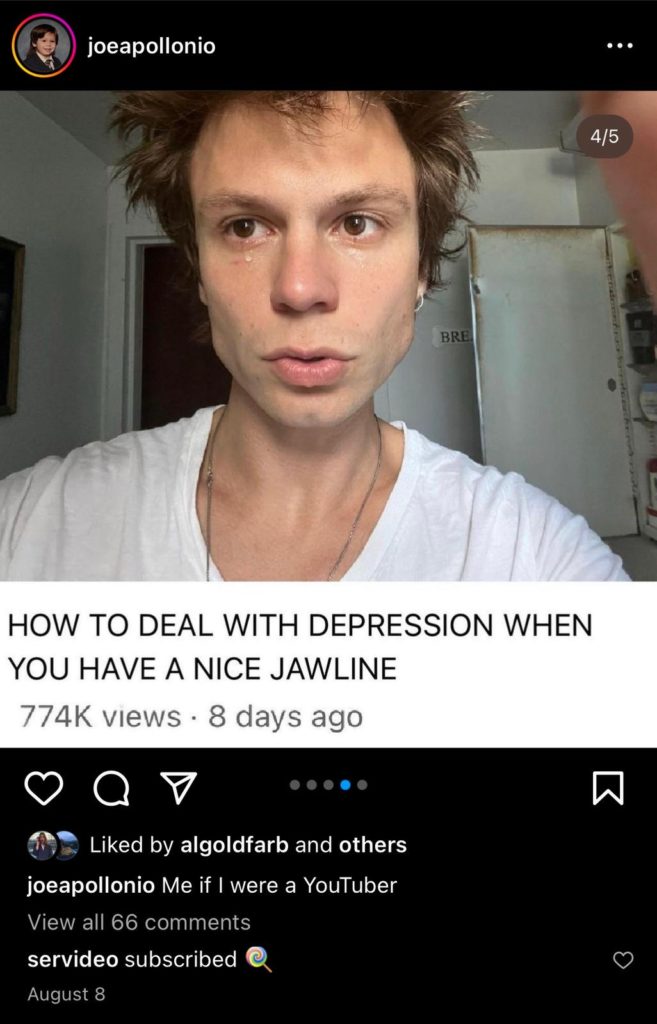





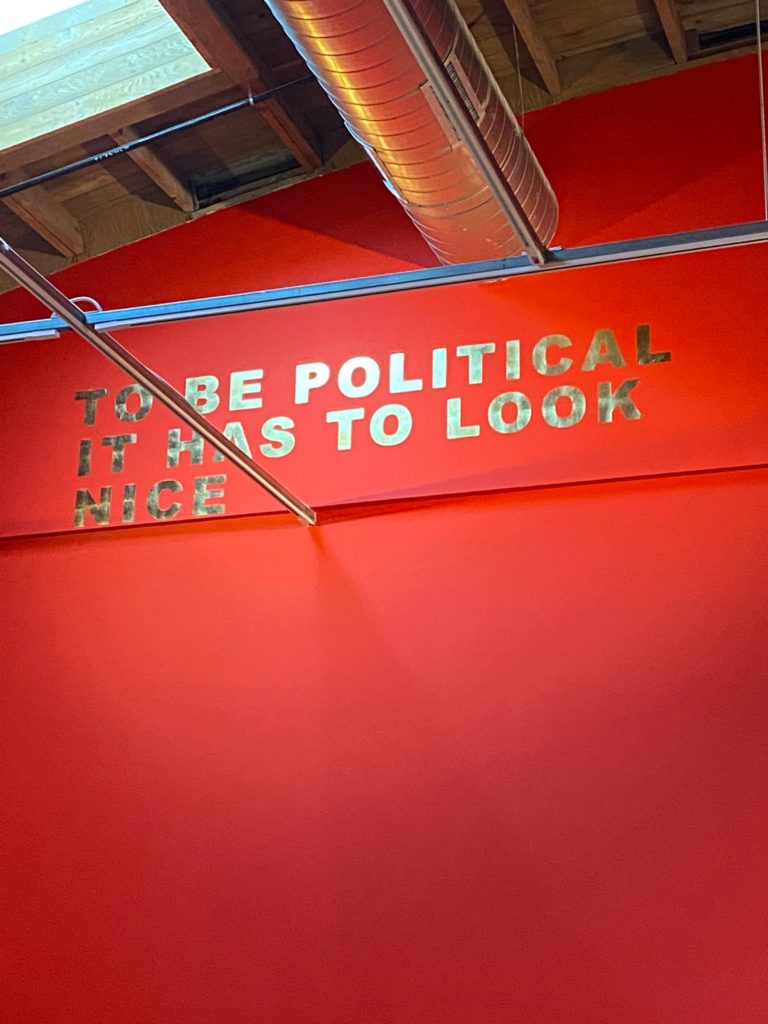
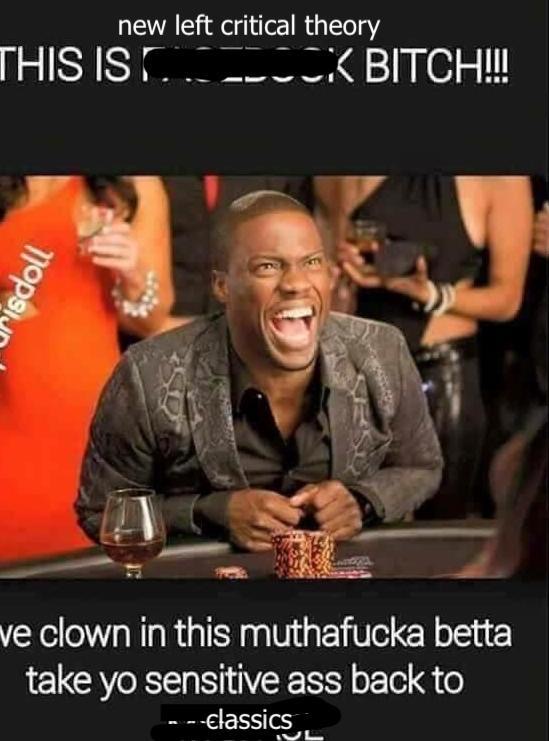
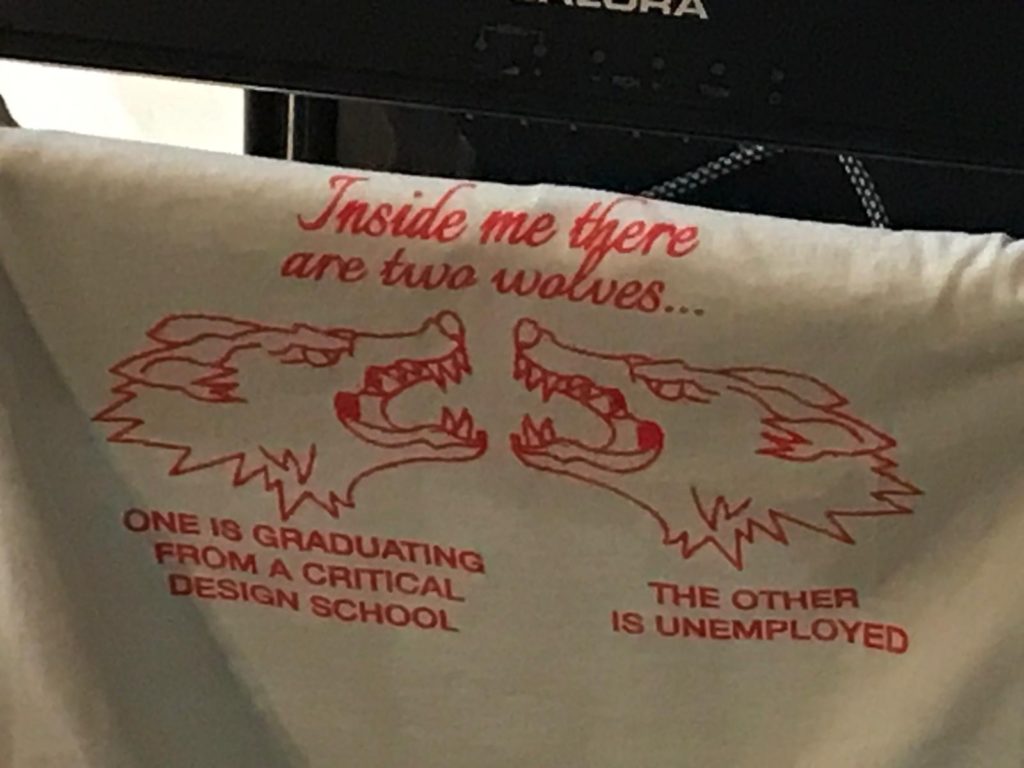
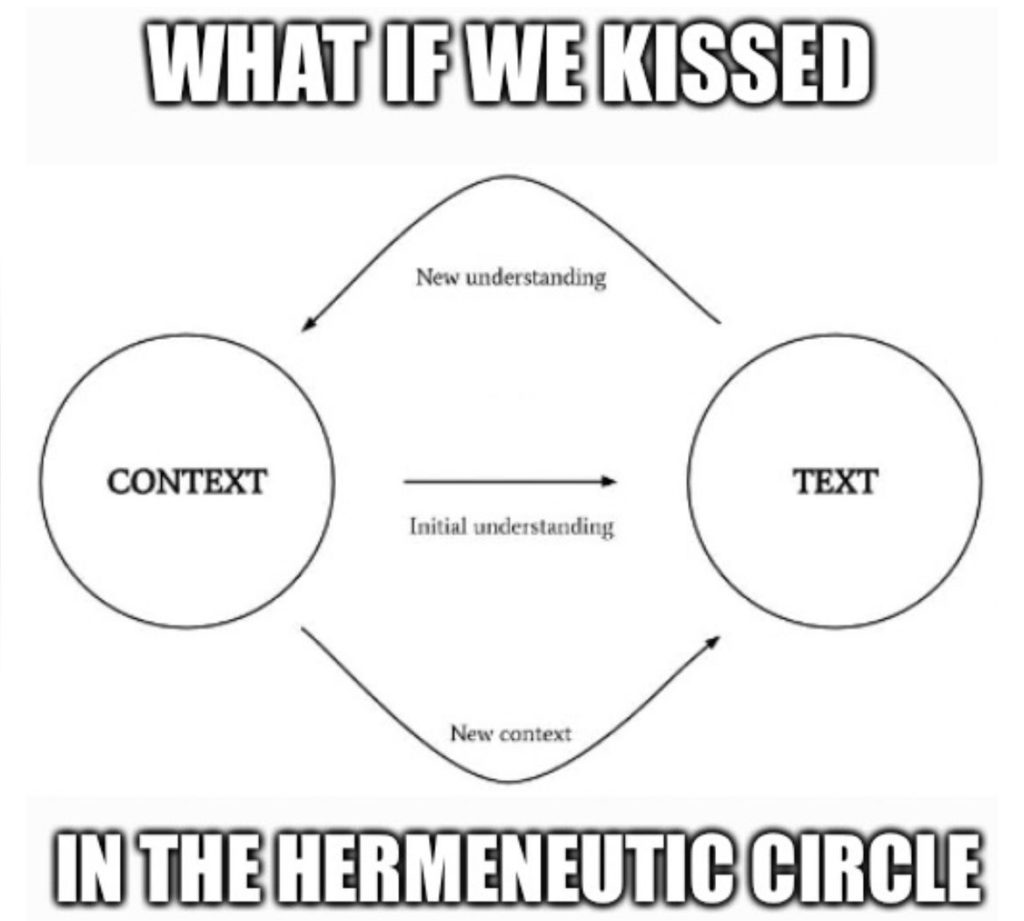

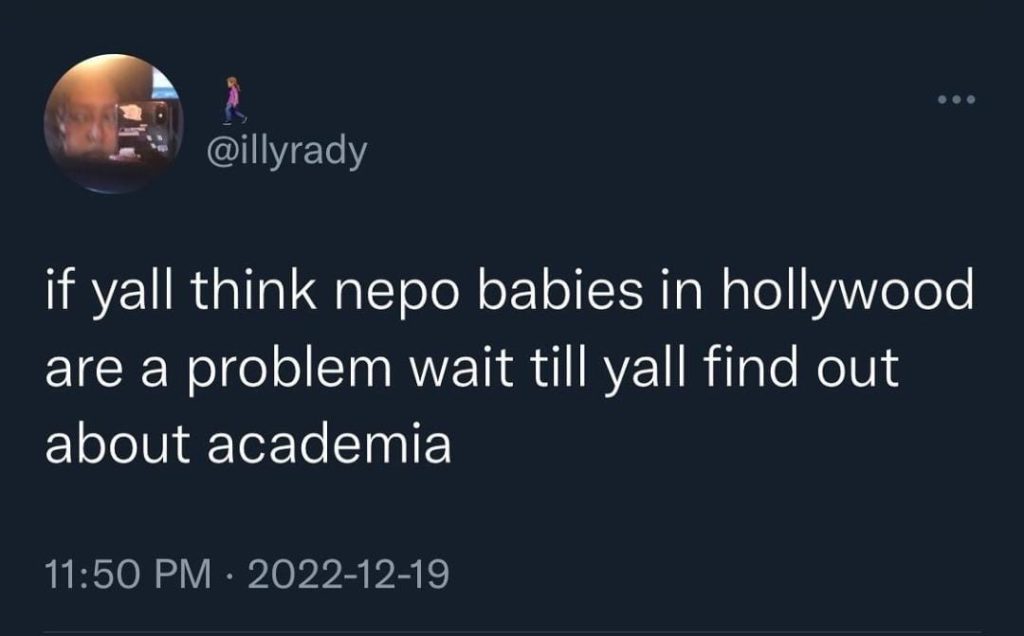
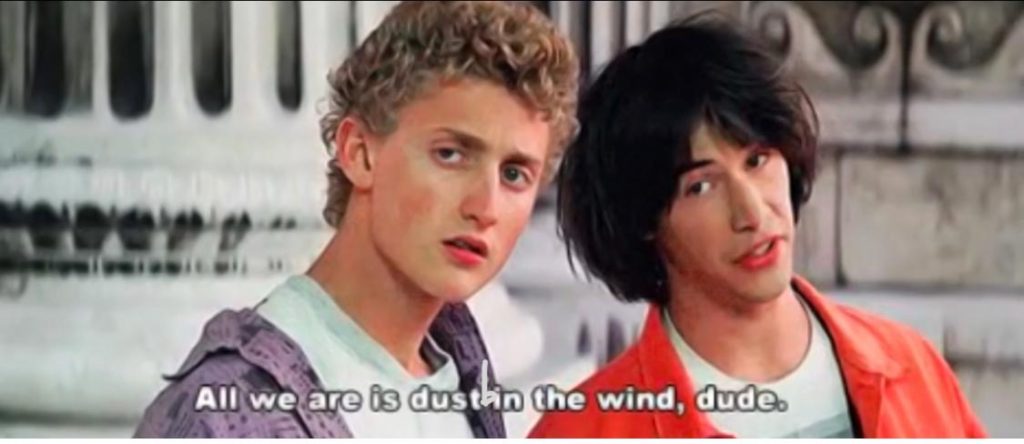


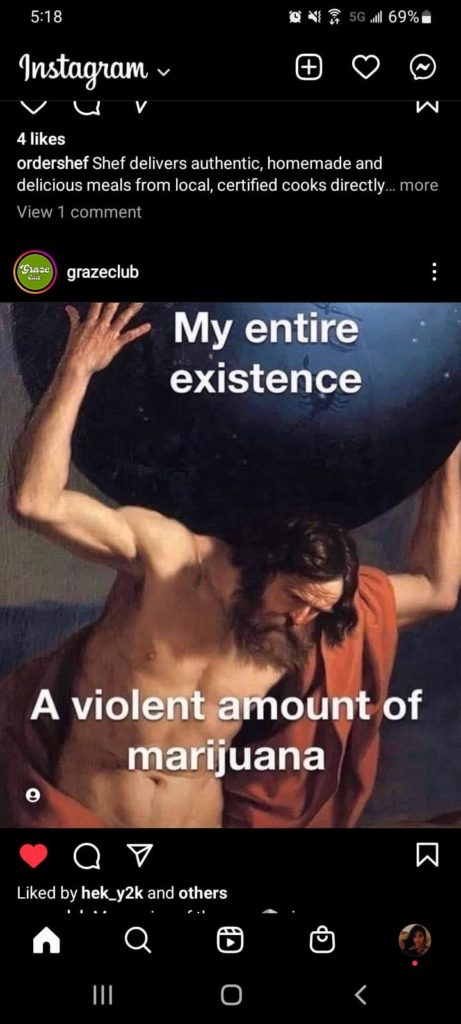
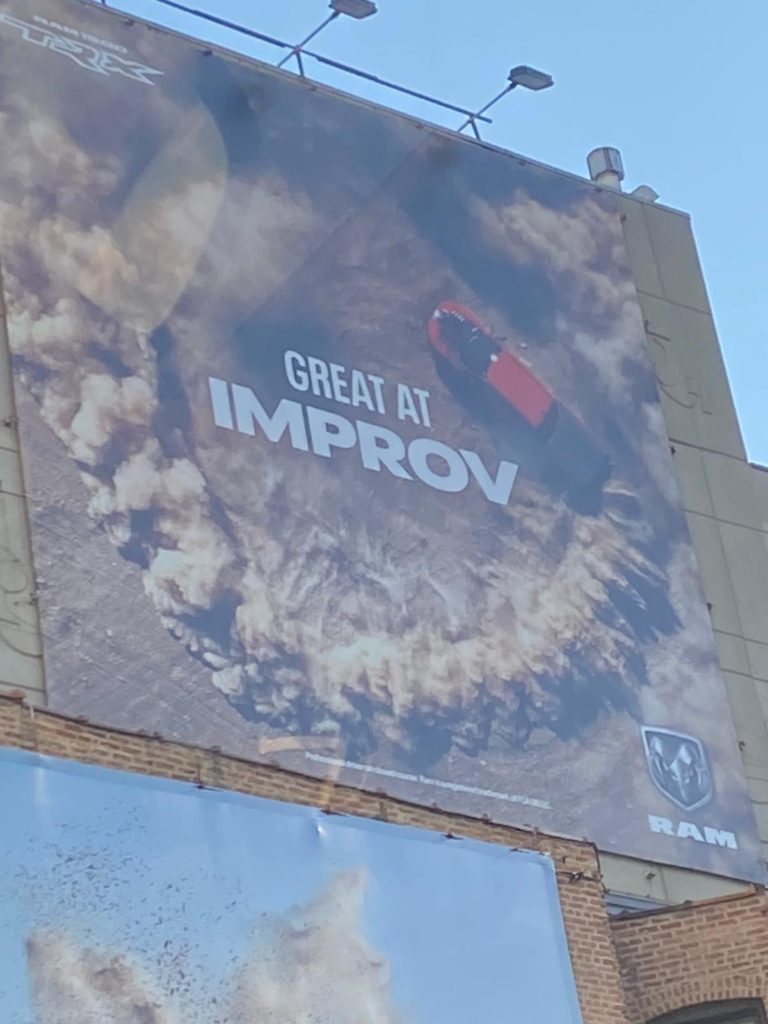
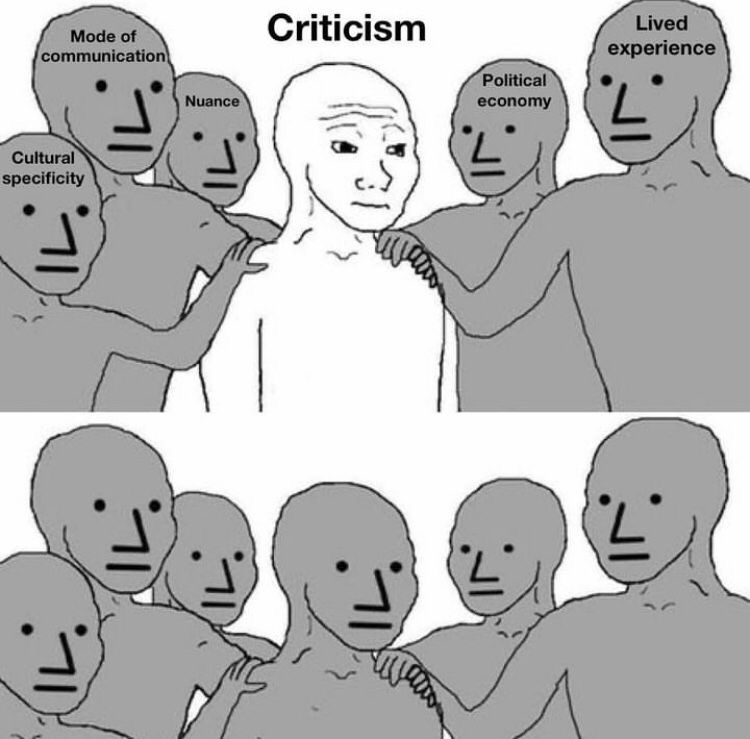
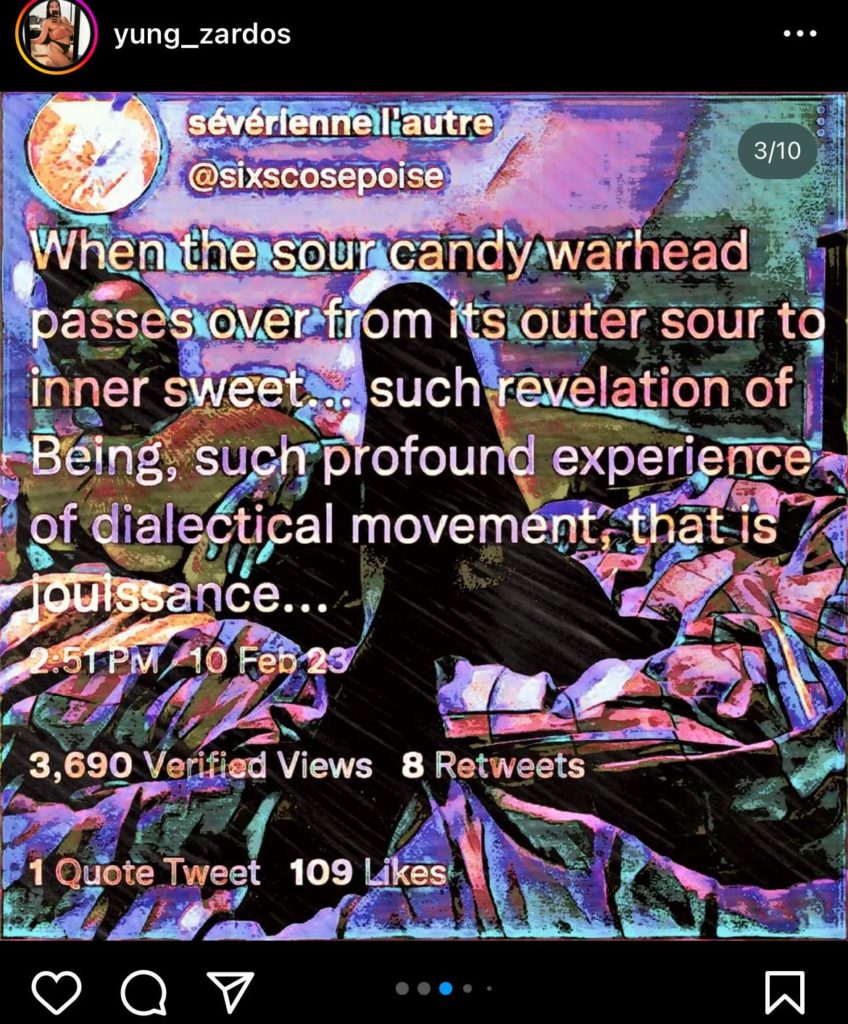
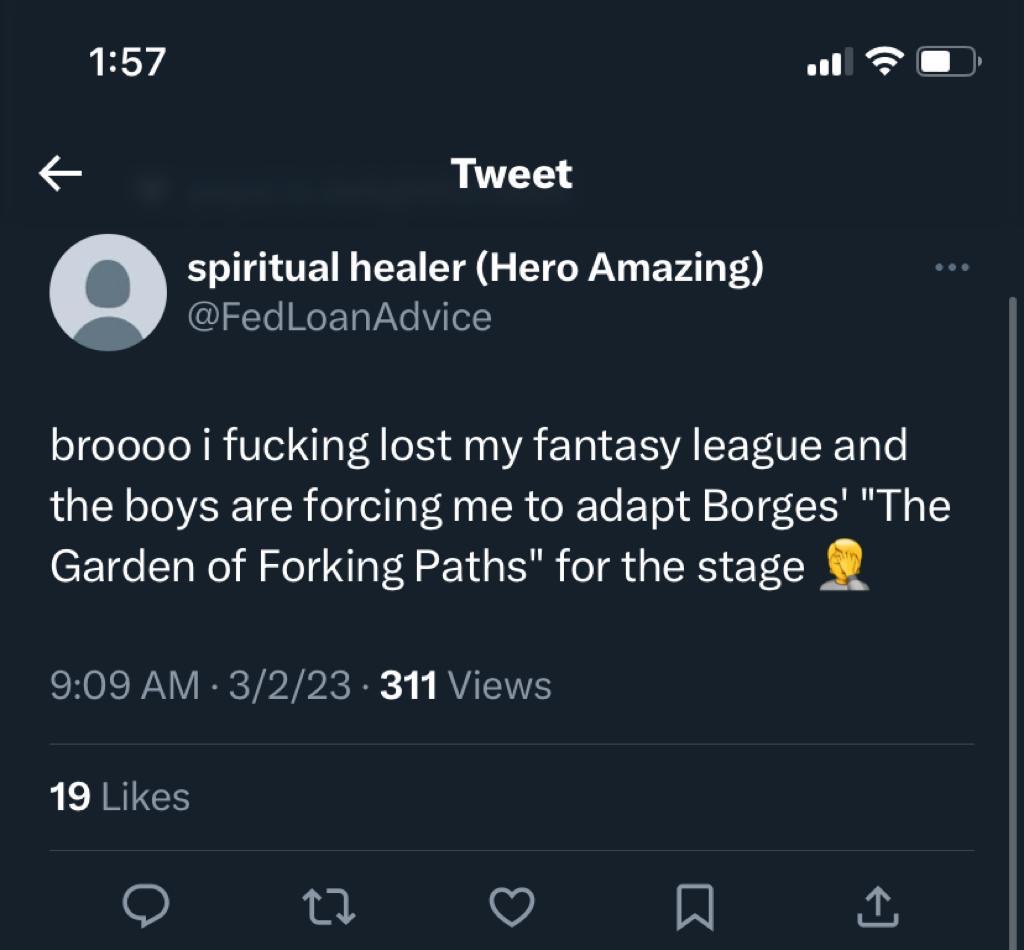
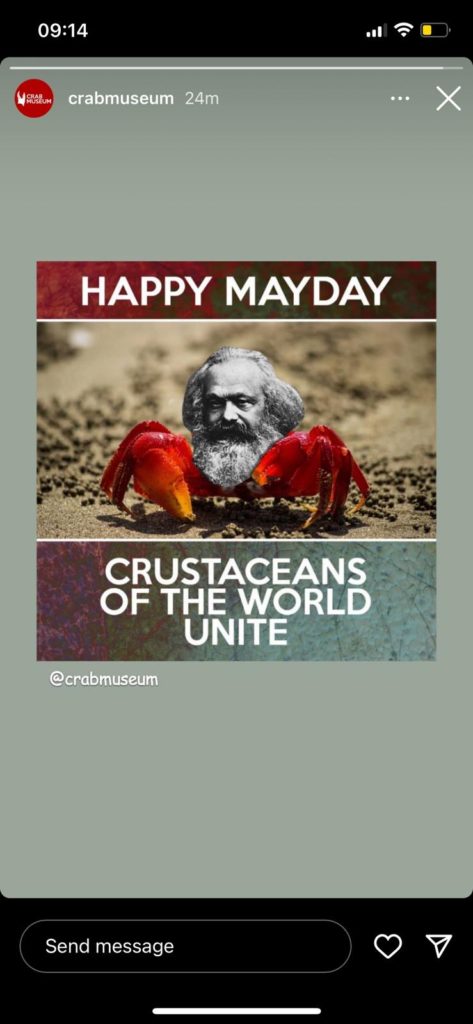


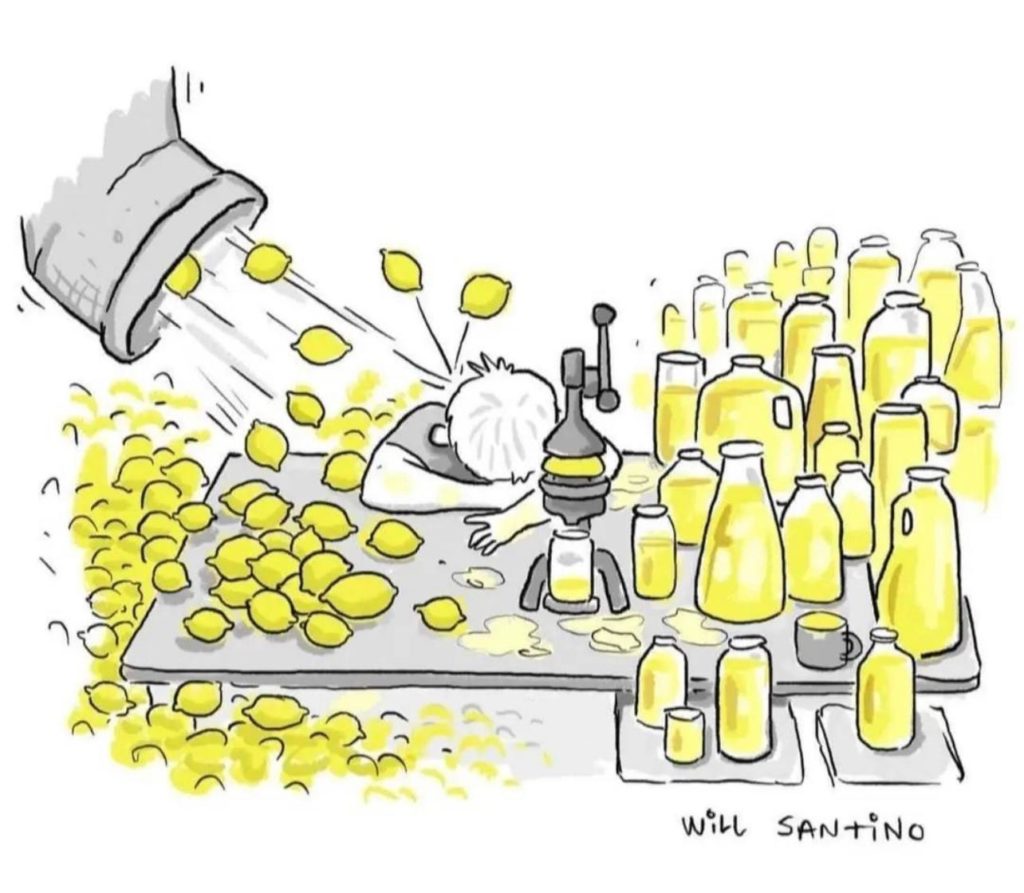
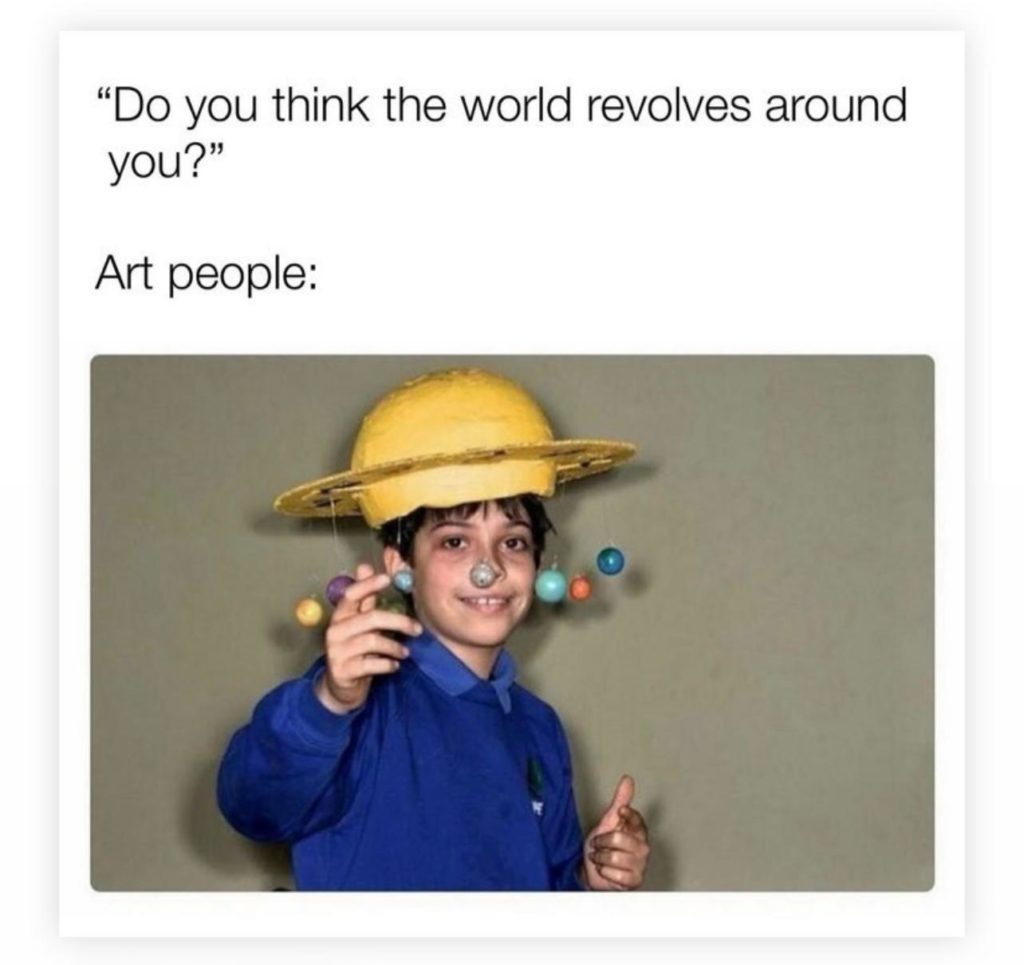
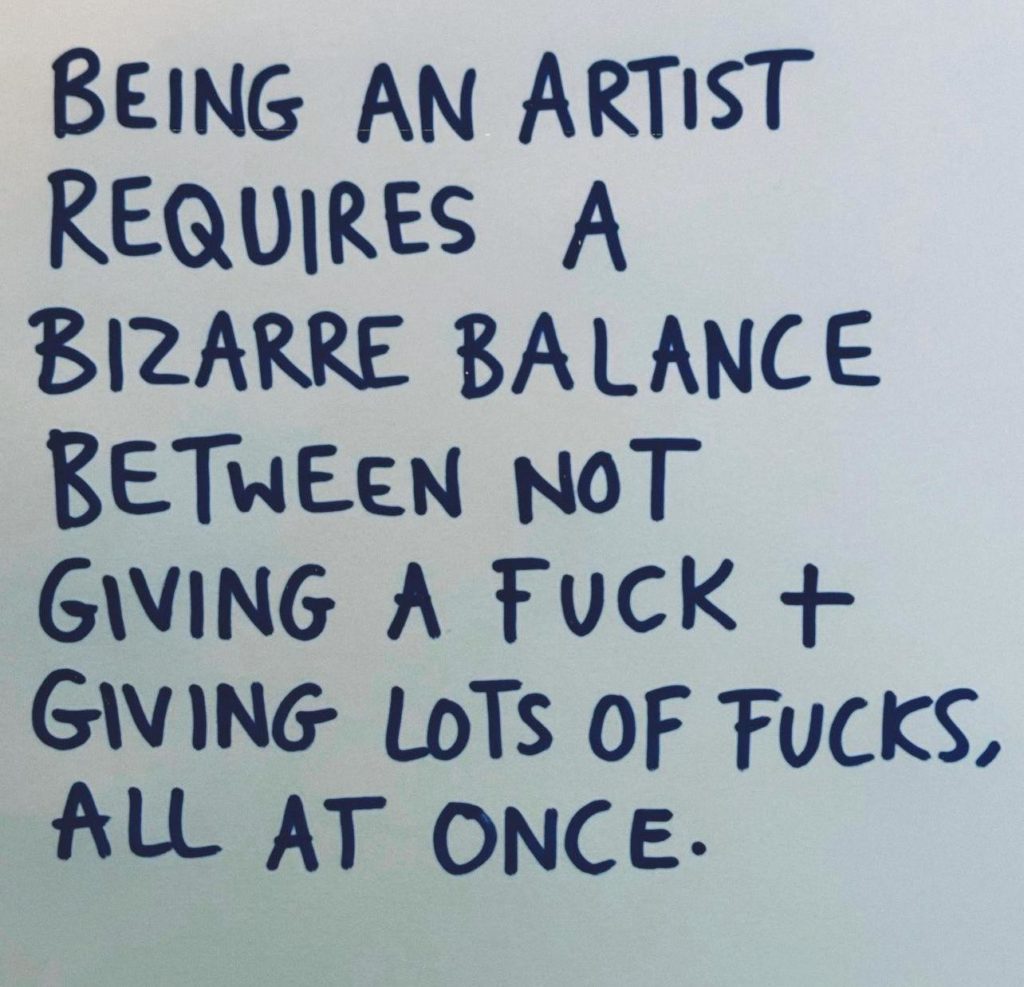

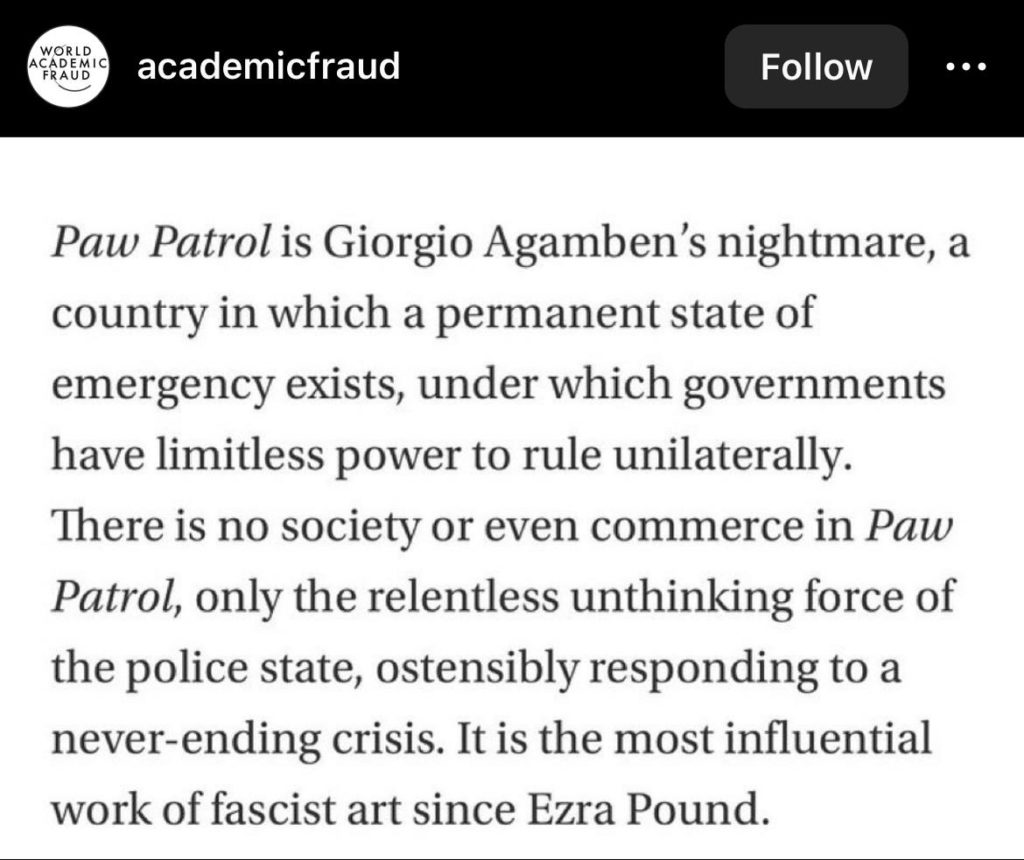
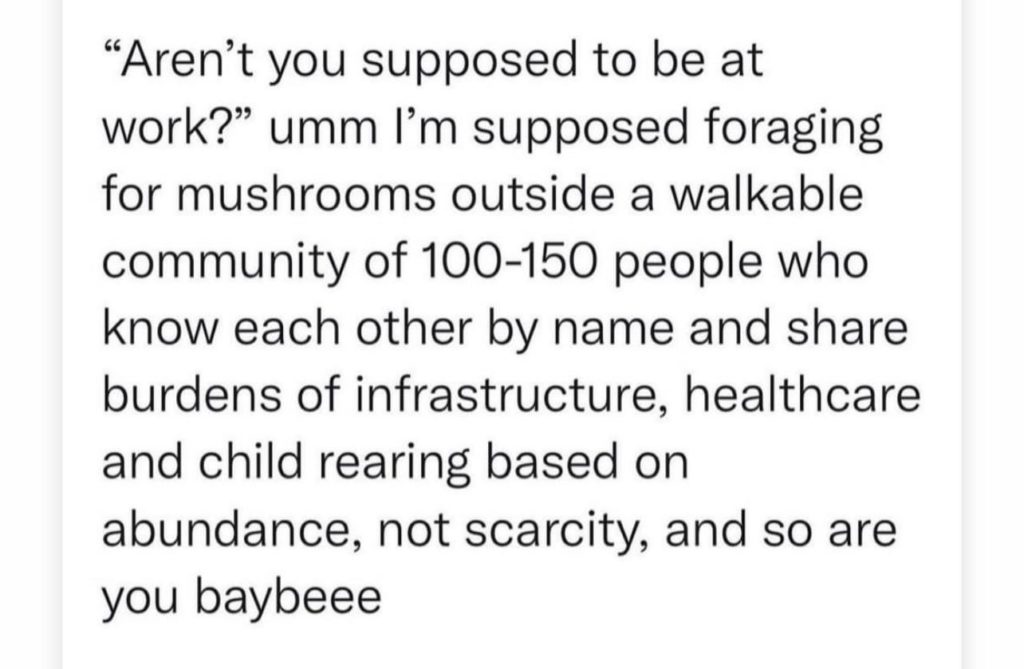
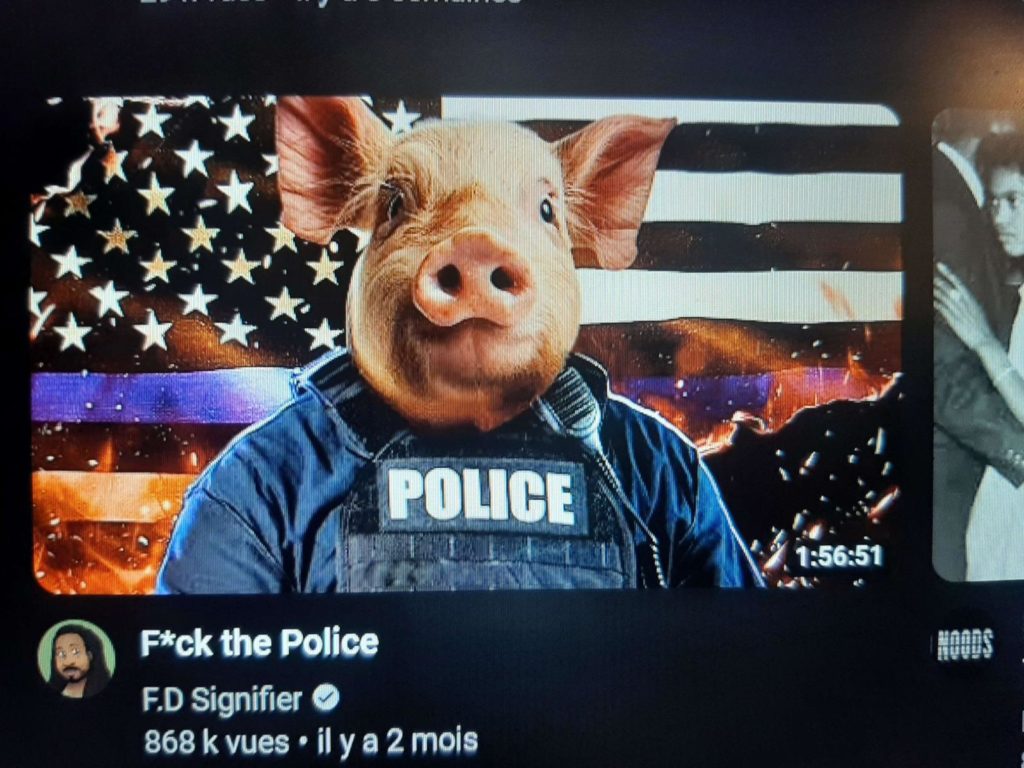
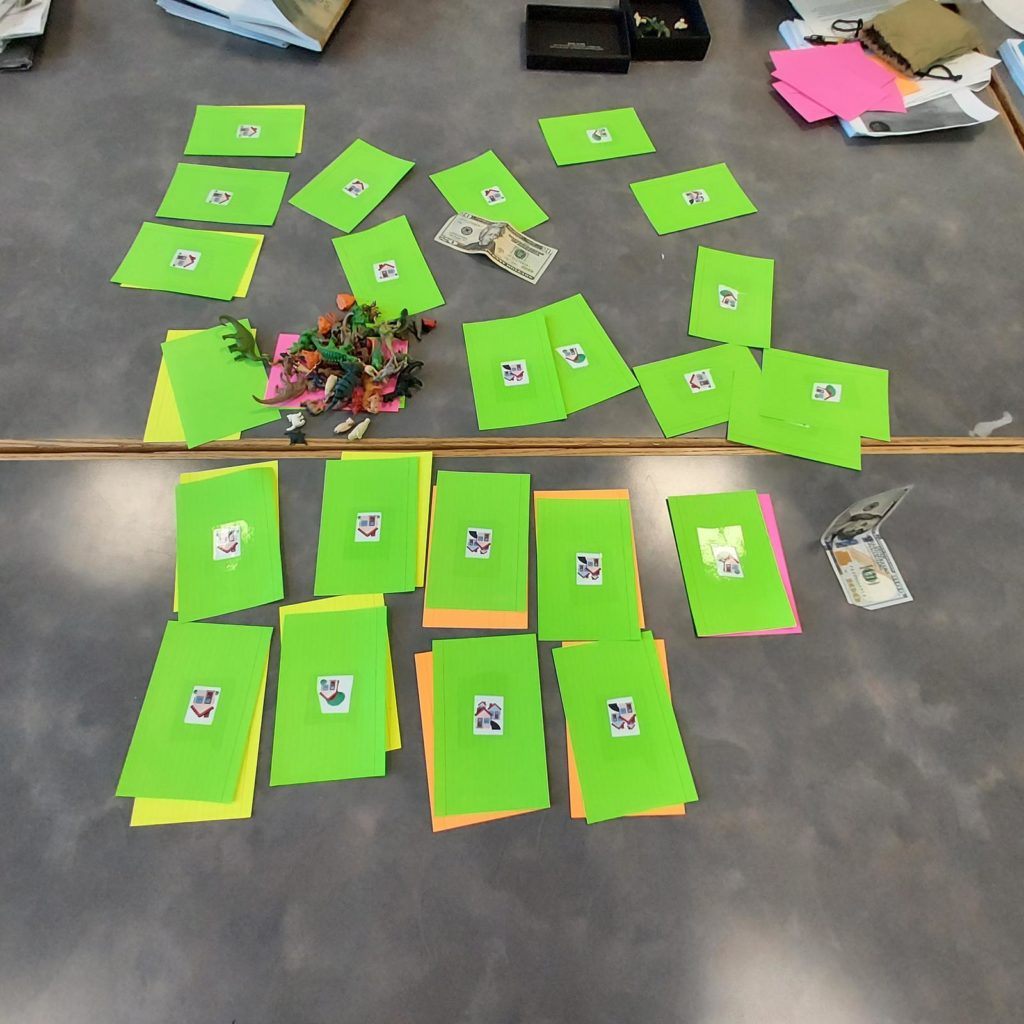
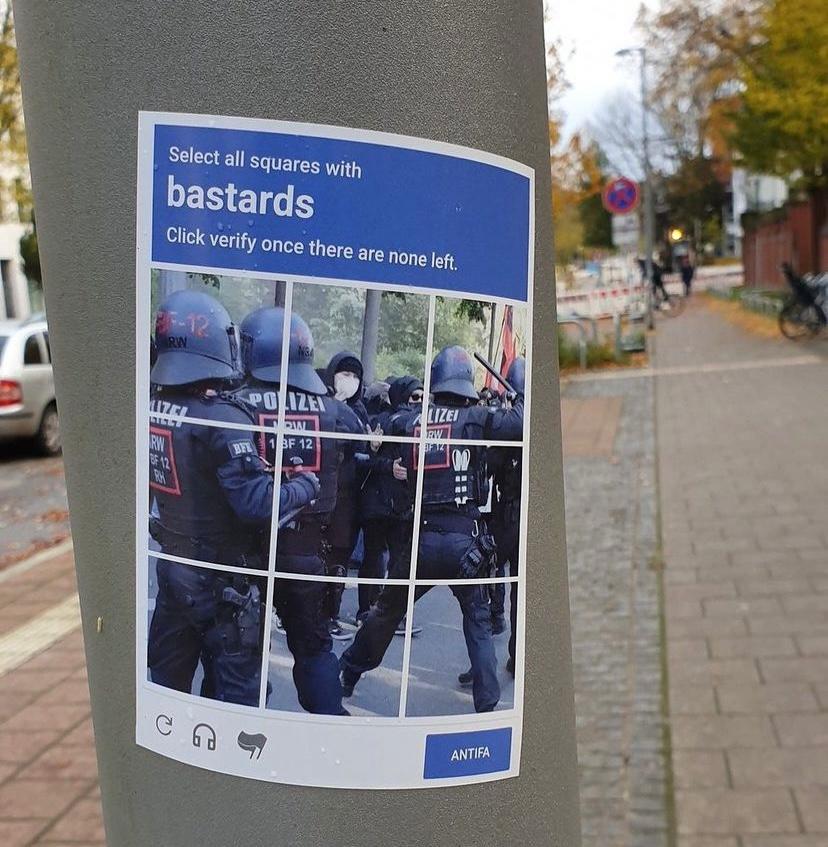
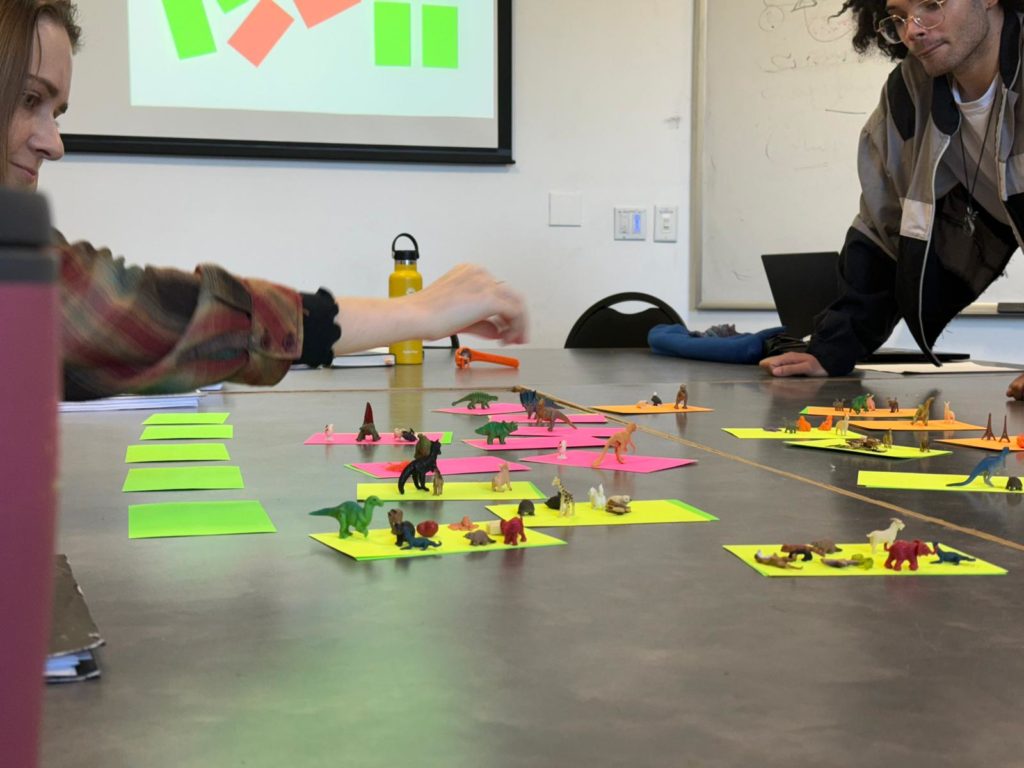
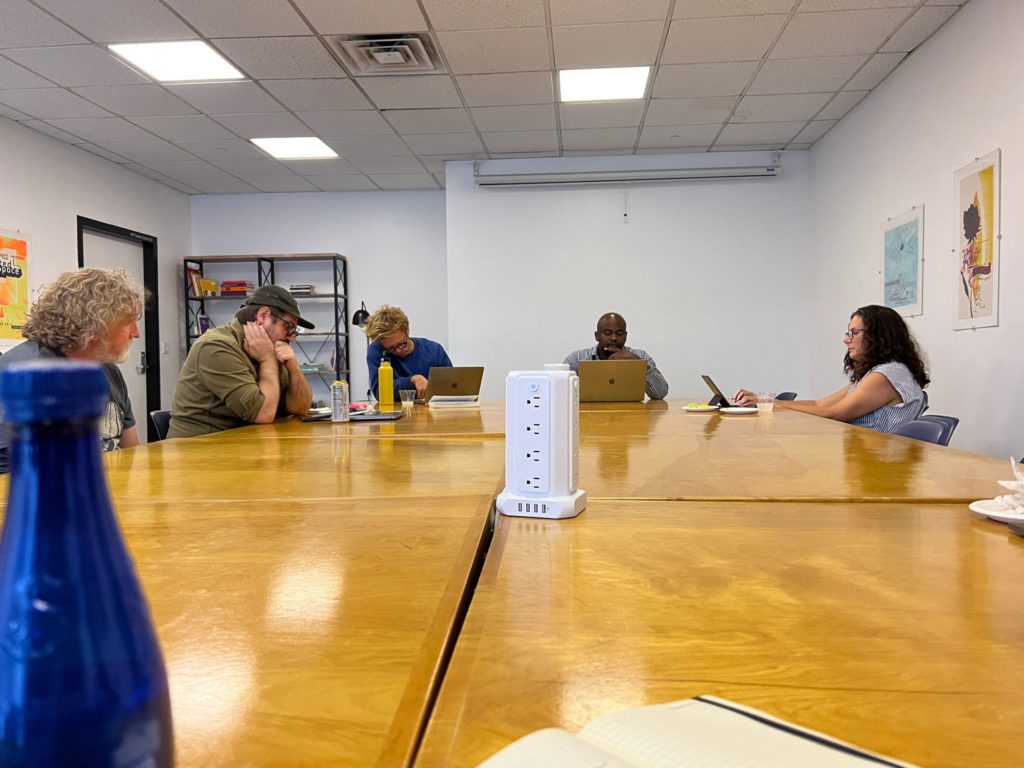
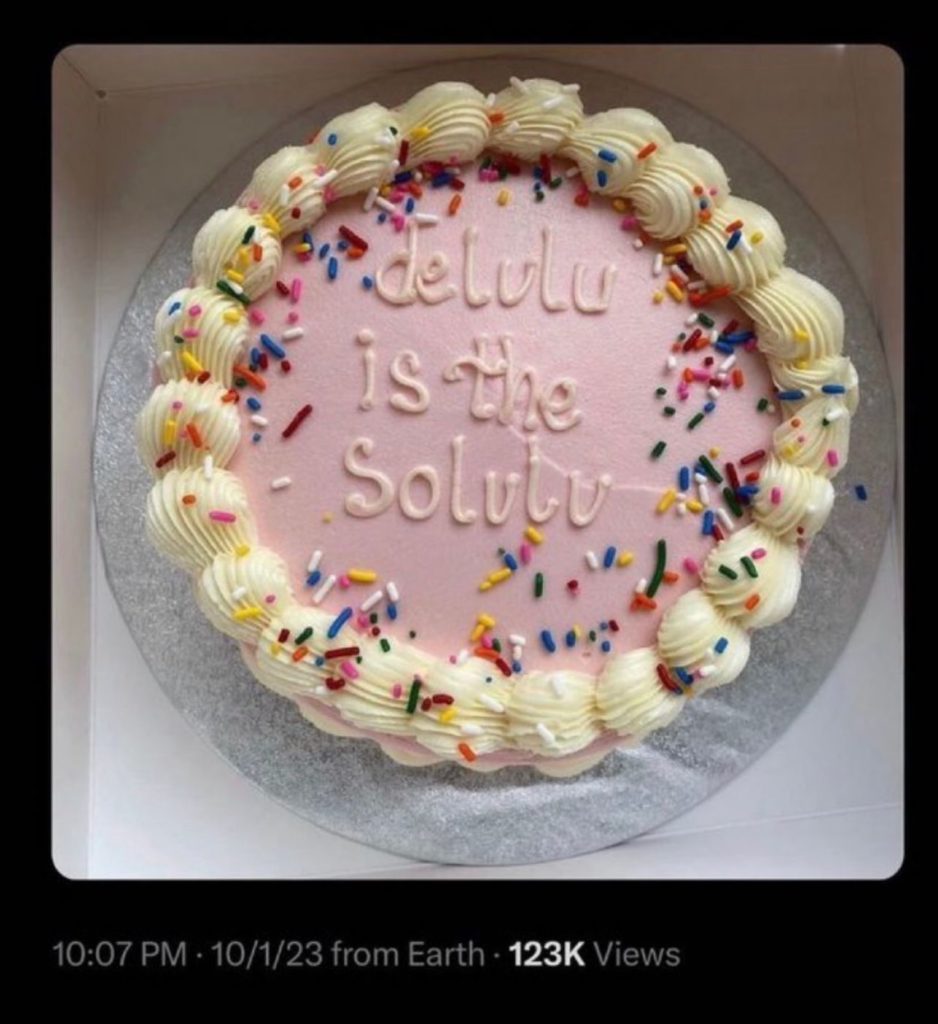

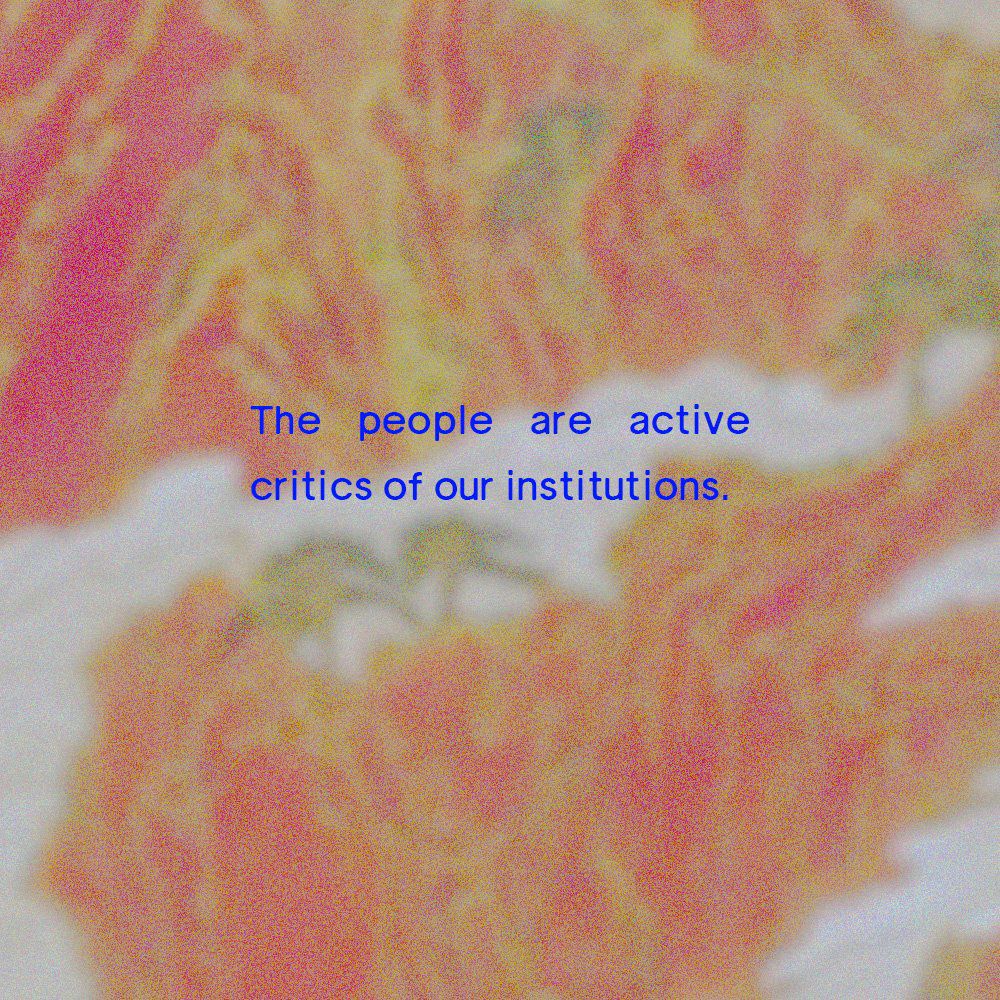
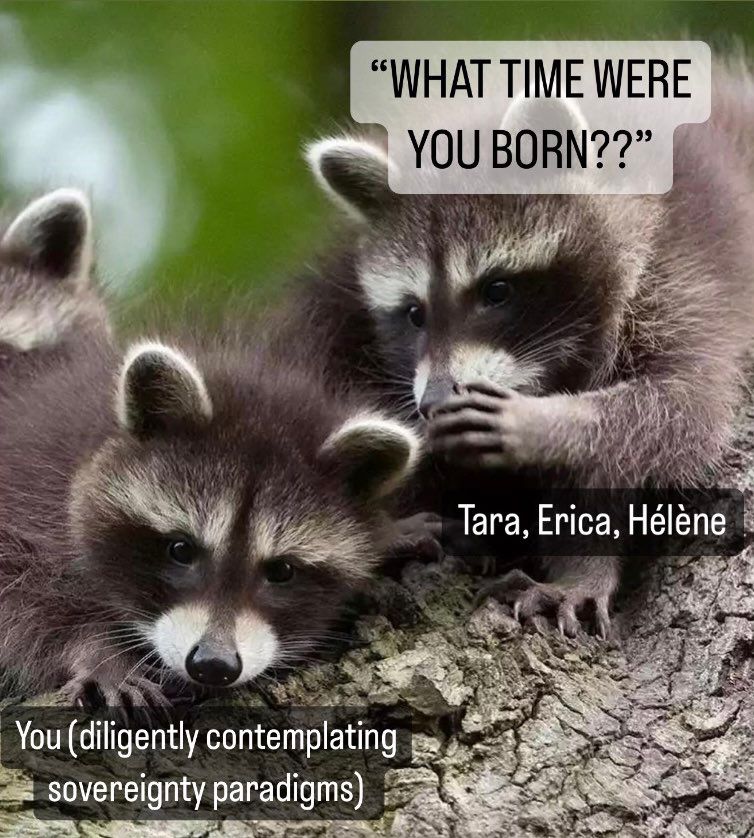
Dolls Against Dominion!: Anarchafeminism and Plurality of the Woman in Relation to Queerness/Transness
Cover image is titled “Anarchafeminist Manifesto” and is from autonomies.org
Keywords: Anarchafeminism, intersectionality, plurality, individuation, transindividuality, the imaginal, spectacle and counter spectacle, reductionism, womanhood as processes
On March 18, 2021, philosopher Chiara Bottici and artist Boris Ondreička gave a lecture as part of the West Hollywood Aesthetics and Politics (WHAP!) series. Chiara Bottici, the focus of this blog post, is a feminist professor of gender studies, experimental writer, theorist, and imaginator that challenges conventional binary divergences of feminist theory. Throughout the evening, comments and questions from attendees will be collected in the livestream chat and critically assessed in conversation following the lecture.The Spring 2021 Lecture Series, “The Game of the Real: Art and the Knowledge Project,” is presented by the CalArts School of Critical Studies and the West Hollywood Public Library. The lecture was held virtually at 12:00 PST and can be viewed here.
Throughout her lecture for WHAP! and text “Anarchafeminist Manifesto,” Chiara Bottici analyzes the connections between feminism, power, and especially the interconnectedness of women and community. She expands the seemingly binary definition of “woman” into a living term, which constantly changes along with the people who exist in the spaces outside of the most visible and championed binaries of manhood, whiteness, and sovereign v. subjects. Using this arguably Queer Theory perspective, Bottici theorizes “transindividuality,” which can be described as an unbreakable connection between the individual, the individual’s experiences, the individual’s community around them, and the loop of affect individuals and community experience through these boundless connections. It can also be described as the infiniteness of the individual.
This blog post acts as a diary of key lines and passages from Bottici’s WHAP! lecture as well as her Anarchafeminist Manifesto text with quote analyses and further questions to consider, mimicking the infinite loop model of transindividualism. Not all the questions have (or need) answers, some questions have infinite answers, and sometimes questions and answers can be synonymous. We pay special attention to these theories in the context of queerness and transness, and what they say about the potentiality of the individual and community. I highlight especially significant phrases and words in these quotes in bold and ask readers, while reading and interacting with these passages and quotes, to pay special attention to the key wording identified, ask yourself questions about what is being said, and to assess the questions I have pointed out in my analyses- either with further questions, or considering possible attempts to address them.
Anarchafeminism and the State

“Feminism becomes elitist with the inclusion of the state” (“Imaginal Feminism” Lecture, 15:33).
Feminism cannot exist alongside capitalism and structures of institutional power. Neoliberal feminism does nothing but allow women to oppress other women in the same or similar capacities as men based on factors that contribute to their usefulness or assimilation to colonialism.
“…if we want to understand how the oppression of women works, we cannot limit ourselves to one single factor…but need to investigate the way in which a plurality of such factors intersect with one another to reinforce and reproduce the inferior position of women” (Bodies in Plural: Towards an Anarcha-Feminist Manifesto 94). “…there is something specific about the oppression of women and that in order to fight it you have to fight all other forms of oppression. Otherwise said, it means defending a position that is both feminist and anarchist at the same time” (Bodies in Plural: Towards an Anarcha-Feminist Manifesto 95).
“‘Feminism does not mean female corporate power or a woman president: it means no corporate power and no president’” (Bodies in Plural: Towards an Anarcha-Feminist Manifesto 106). “Feminism, today more than in the past, cannot mean women sovereign rulers of women successful capitalists: it means no sovereignty and no capitalism” (Bodies in Plural: Towards an Anarcha-Feminist Manifesto 106).
Anarchafeminism is distinct from feminism in that it directly addresses both the connections between misogyny and profit/power, but also the detrimental effects of faux feminism that does not address the interaction of these concepts. This quote refers back to Bottici’s statement that “feminism becomes elitist with the inclusion of the state.” There is no such thing as a feminism that fulfills its intended purpose of “equality for women” when it involves the participation of the very structures of power that have ensured the oppression of women, especially women that fall further and further away from colonial ideals of power and money.
“…by reducing the problem of women’s oppression to the single factor of economic exploitation, Marxism ended up dominating feminism precisely in the same way in which men in a patriarchal society dominate women” (Bodies in Plural: Towards an Anarcha-Feminist Manifesto 104).
Bottici introduces the limitations of Marxist theory here by criticizing Marx’s assessment of women’s oppression as being the product of one single entity- capitalism and economic exploitation. In the very nature of the concept of transindividuality, there is not “this” and “that,” there is never a single inside and outside, cause and effect. There are infinite factors interacting at once that contributes to the oppression of women and marginalized identities. Women’s oppression goes beyond simply that of economic power struggles, it polices even the very existence of woman.
Anarchafeminism: A Queer and Trans(individualist) Analysis

“Most of the living matter is actually queer…if and only if we adopt this transidividualist perspective can we speak about womanhood outside of the modern colonial gender system and thus use that term to include all types of women: masculine women, feminine women, transwomen, female women, male women, lesbian women, bisexual women, intersex women, cis women, asexual women, queer women…all the way up to ways of being a woman that have not yet been invented…which have already and always begun” (“Imaginal Feminism” Lecture, 23:30).
Here we see a connection between feminism and queerness/transness, which is often excluded in feminist discourse. We decolonize what being a woman means, as there are historical and cultural understandings of the existence and nonexistence of gender in non-white cultures, such as two-spirit individuals in Indigenous cultures and intersex individuals in South Asian and other cultures. The idea is that these genders and refusals of gender are not a new phenomenon- these people have always existed, but buried under blinds of colonization where categorizations of “male” and “female” are more convenient. “Queering” the concept of living matter requires one to understand that nothing and no one in the world is meant to live in binaries- people metamorphosize generationally as well as even within the spans of our own individual lives. Binaries are simply impossible to impose without rejection of the humanity of folks who existed/exist/will exist, and refusals to the “can be”s and “are”s of the world.
“…any list is open to the objection that it cannot but be necessarily incomplete” (Bodies in Plural: Towards an Anarcha-Feminist Manifesto 94).
This line may be interpreted as a metaphor for the transindividual, and even the concept of all living matter being intrinsically queer or trans. Are people ever “complete” versions of themselves? Do we not transform in new places, relationships, and contexts? If any living being does see themselves as “complete,” what then is the meaning of continuation?
“…to be able not to exist is to lack power, and to be able to exist is to have power. Thus, if what necessarily exists are only finite beings, then finite beings are more powerful than an absolute infinite being, which is absurd” (Bodies in Plural: Towards an Anarcha-Feminist Manifesto 96).
This quote can be read as an analysis of cisgenderness and transness in the context of the state. Most visible figures of power in the state in colonized territories have historically been cisgender heterosexual people, with queerness and transness often being hidden or considered outsiders to mainstream society. This, then, strips these people on the peripheries of power, representation, and influence. However, this rejection of anything from the norm insists a rejection of the infinite space around the mainstream, or the “infinity.” How are we to ascribe power and authority to finite beings within binaries rather than those who are not bound to a single mode of existence, therefore giving them limitless possibilities of being, and being for each other?
“Body and mind are just two modes that express two different attributes of an infinite substance expressing itself through an infinity of attributes” (Bodies in Plural: Towards an Anarcha-Feminist Manifesto 97).
Even in the anatomy of the human body, there is a multiplicity of being, thinking, feeling, and doing. This is an interpretation of queerness and transness of the living being even without the inclusion of “sexuality.”
“The body is not an inert matter, or an essence, to which we can attribute fixed immutable properties (such as certain types of genitalia or hormone balances). Rather, the body in general and women’s bodies in particular, are processes…the term ‘woman’ becomes therefore the shortcut for a story that keeps together a series of processes and potentialities that we can associate with individuals instituted as and instituting themselves as ‘women’” (Bodies in Plural: Towards an Anarcha-Feminist Manifesto 100).
Like the soul of a person, individual bodies are in constant flux throughout life, therefore constituting themselves as a series of processes. This is especially true for women, which includes queer women, trans women, intersex women, etc. This, then, renders the title of “woman” simply as a vessel to hold not a single identity, but a multitude of experiences, thoughts, and beings all at once that interact to create all new meanings. In this way, women have always been and always will be infinite beings.
Anarchafeminism, the Individual, and the Community

“…causality must not be understood in the sense of a linear succession of events, but rather as a multiplicity of connections of causal links between individuals, which are made up of more simple and more complex individuals all causally related…every individual is constantly composed and decomposed by other individuals with which it enters into contact through a process of individuation, which involves both the infra-individual and the supra-individual levels…individuality must be understood as transindividuality” (Bodies in Plural: Towards an Anarcha-Feminist Manifesto 97).
“…imagination…is a form of bodily awareness, which means awareness of both our body and other bodies with which we come into contact and that, as such, it is always, properly speaking, a form of collective imagining” (Bodies in Plural: Towards an Anarcha-Feminist Manifesto 98).
Here, Bottici places a special emphasis on the community aspect of individual being. The forming, re-forming, and un-forming of oneself is both dependent on and a factor of the formation of community. Every individual is a product of the context of which they inhabit and the people they interact with. Every individual therefore also influences the “creation” of other people they interact with, which effects the ways communities are formed and interact with each other. Therefore, what communal implications does an understanding of transindividuality bring us to? Does an infinite openness to “otherness” of oneself and others give meaning to individual living and community survival? In what ways can we meaningfully assess transindividuality to imagine worlds beyond limiting binaries?
“…I cannot be free unless everyone else is equally free, because even if I am the master, the relationship of domination in which I participate will enslave me as much as the slave herself. But if I cannot be free unless I live surrounded by people who are equally free, that is, unless I live in a free society, then the subjection of women cannot be reduced to something that concerns only a part of society: a patriarchal society will be fundamentally oppressive for all sexes, precisely because I cannot be free on my own” (Bodies in Plural: Towards an Anarcha-Feminist Manifesto 105).
The line “…I cannot be free on my own” speaks both to an institutional critique of neoliberal feminism and a rejection of state involvement, as well as the truth of the ever-existence of transindividualism. Bottici again emphasizes that the perseverance of hierarchies of sovereignty is the antithesis of true liberation for women and the transindividual. Thinking of oneself as a transindividual, we effect and are effected by the realities and essences of the communities around us. Therefore, one cannot truly be liberated unless everyone is liberated. In fact, I would argue we should not want to be free unless everyone is free.
Work Cited
Bottici, Chiara. “Bodies in Plural: Towards an Anarcha-Feminist Manifesto.” Thesis Eleven, vol.
142, 2017, pp. 91–111.
Bottici, Chiara. “Imaginal Feminism.” WHAP!- The Game of the Real: Art and the Knowledge
Project, California Institute of the Arts, West Hollywood Public Library, Los Angeles.
Lecture.
